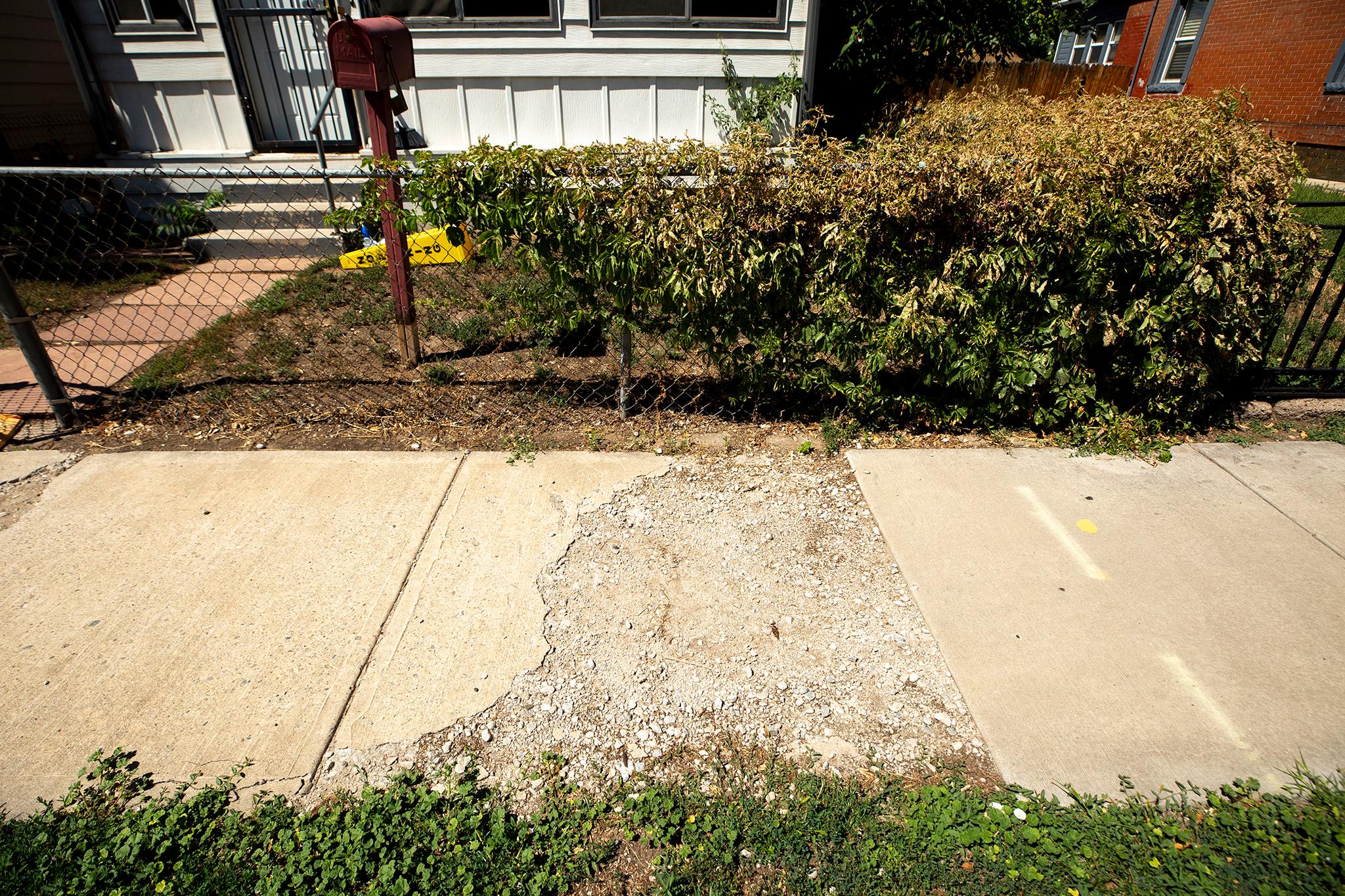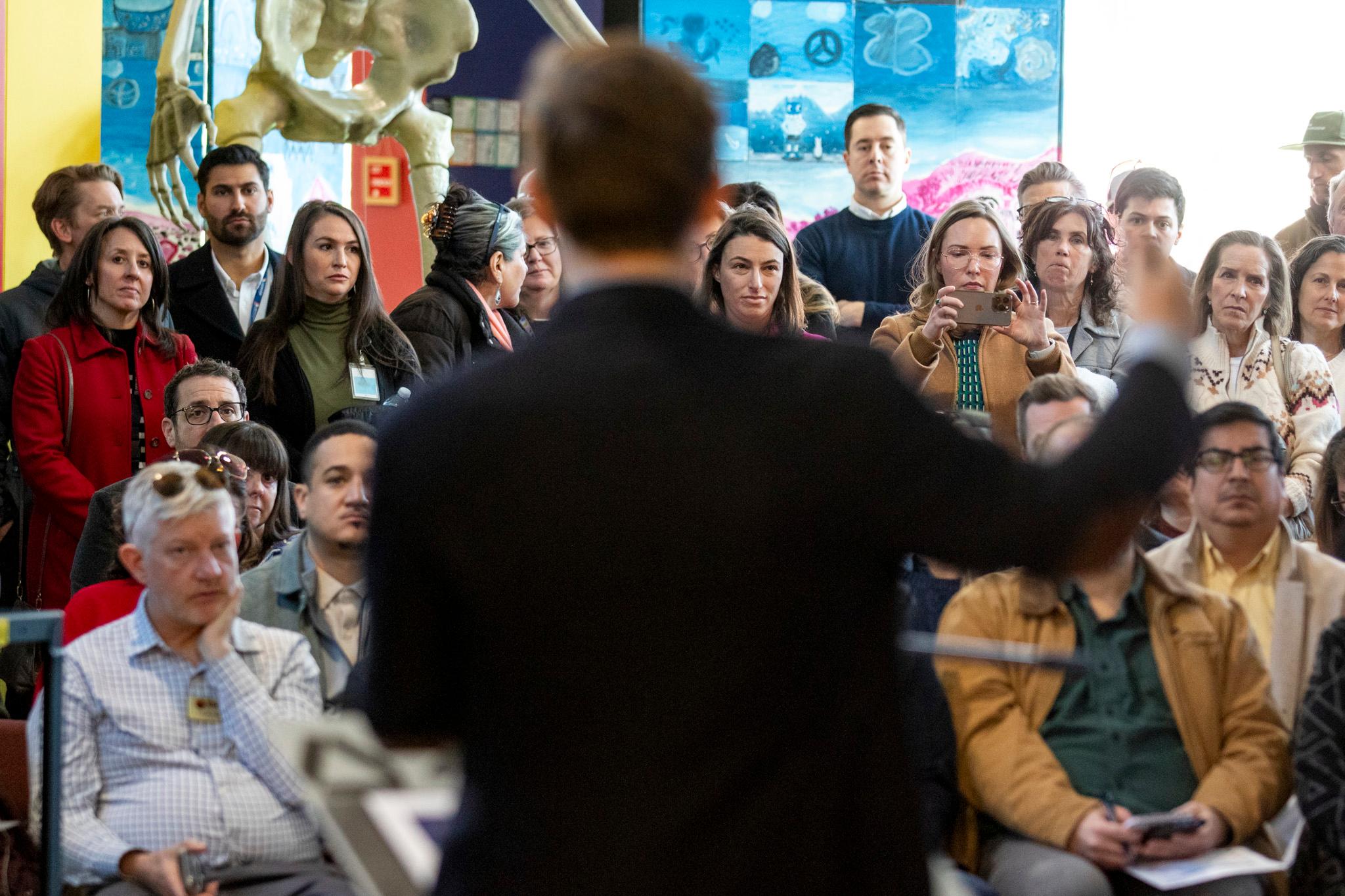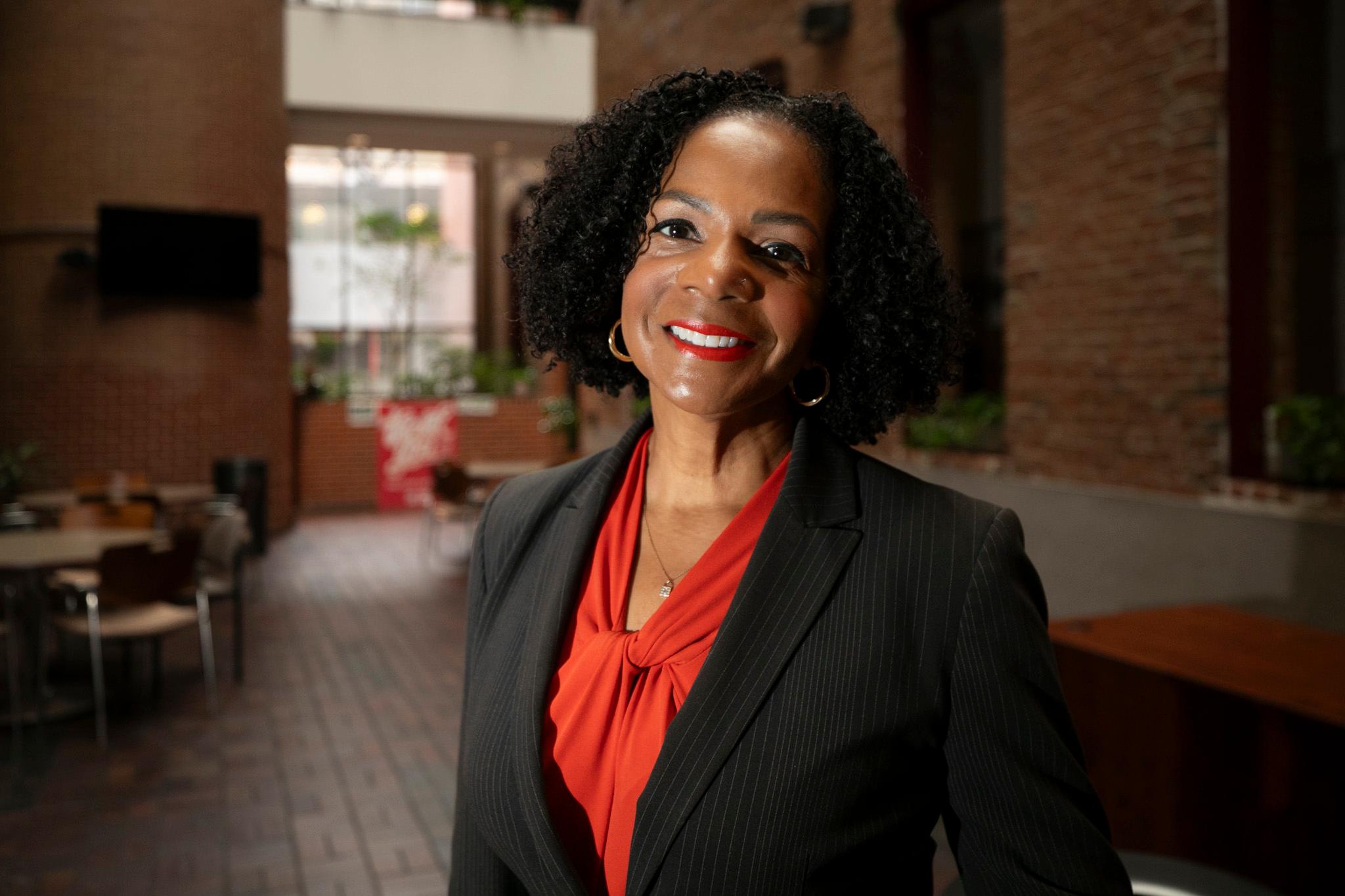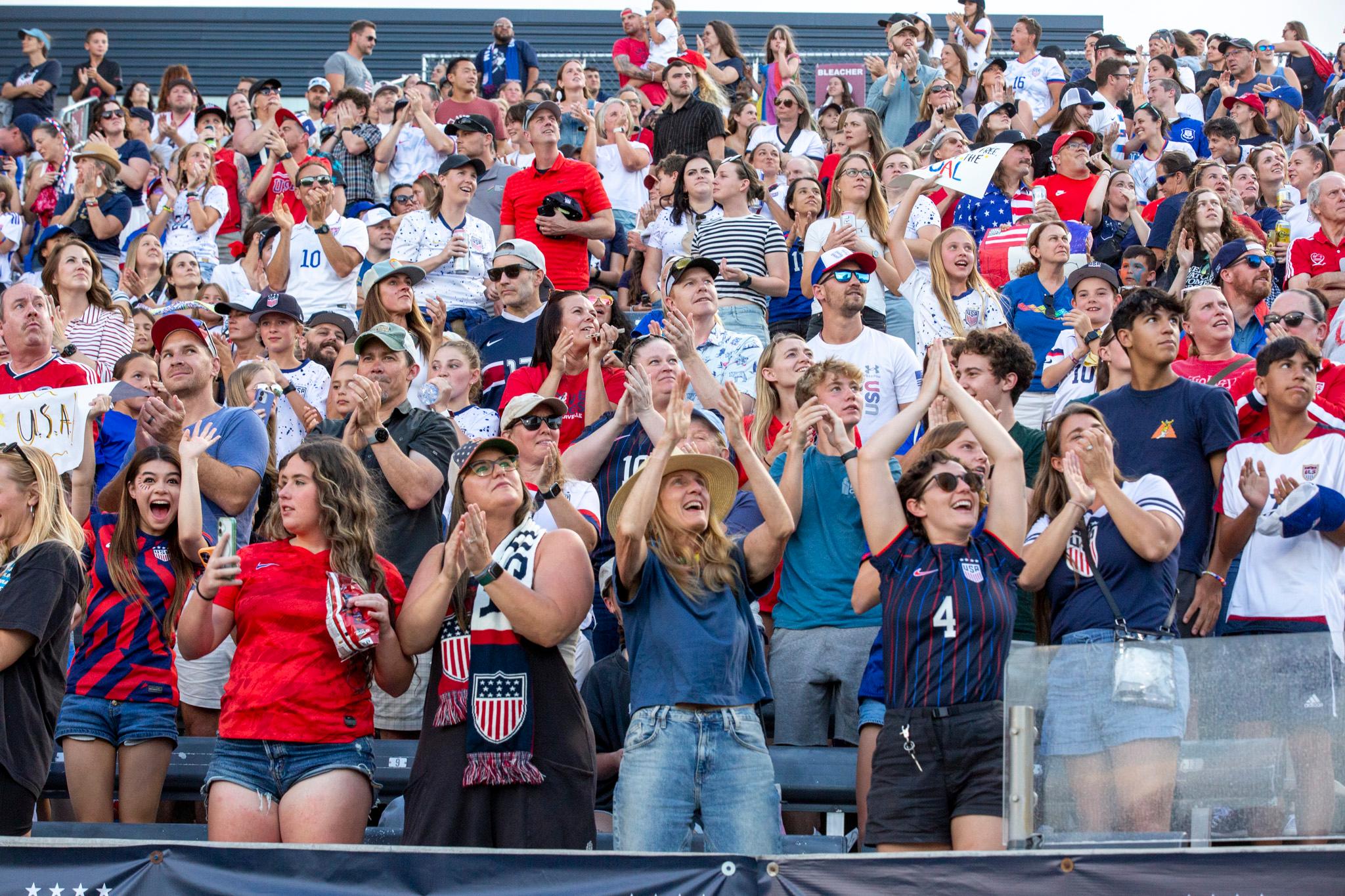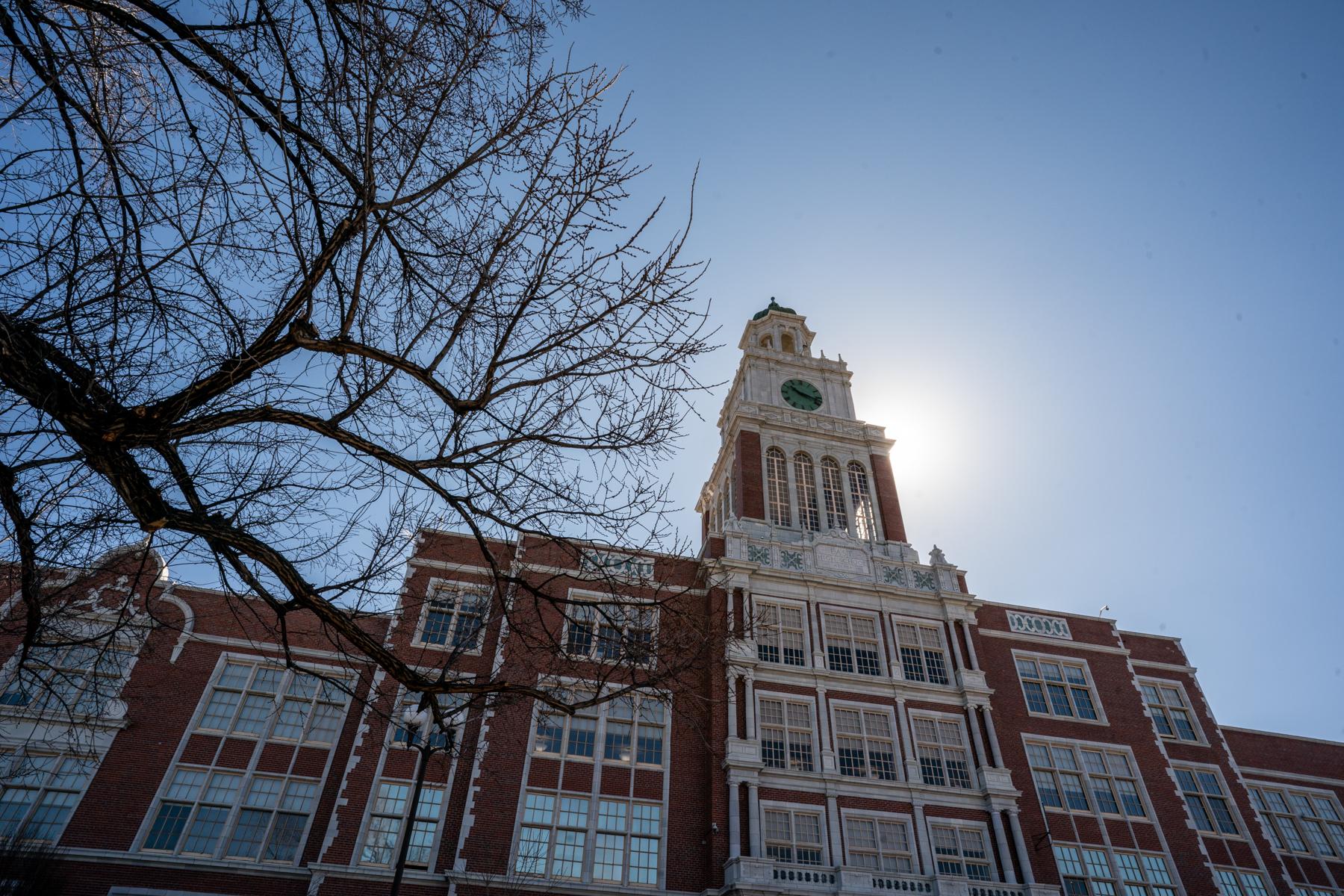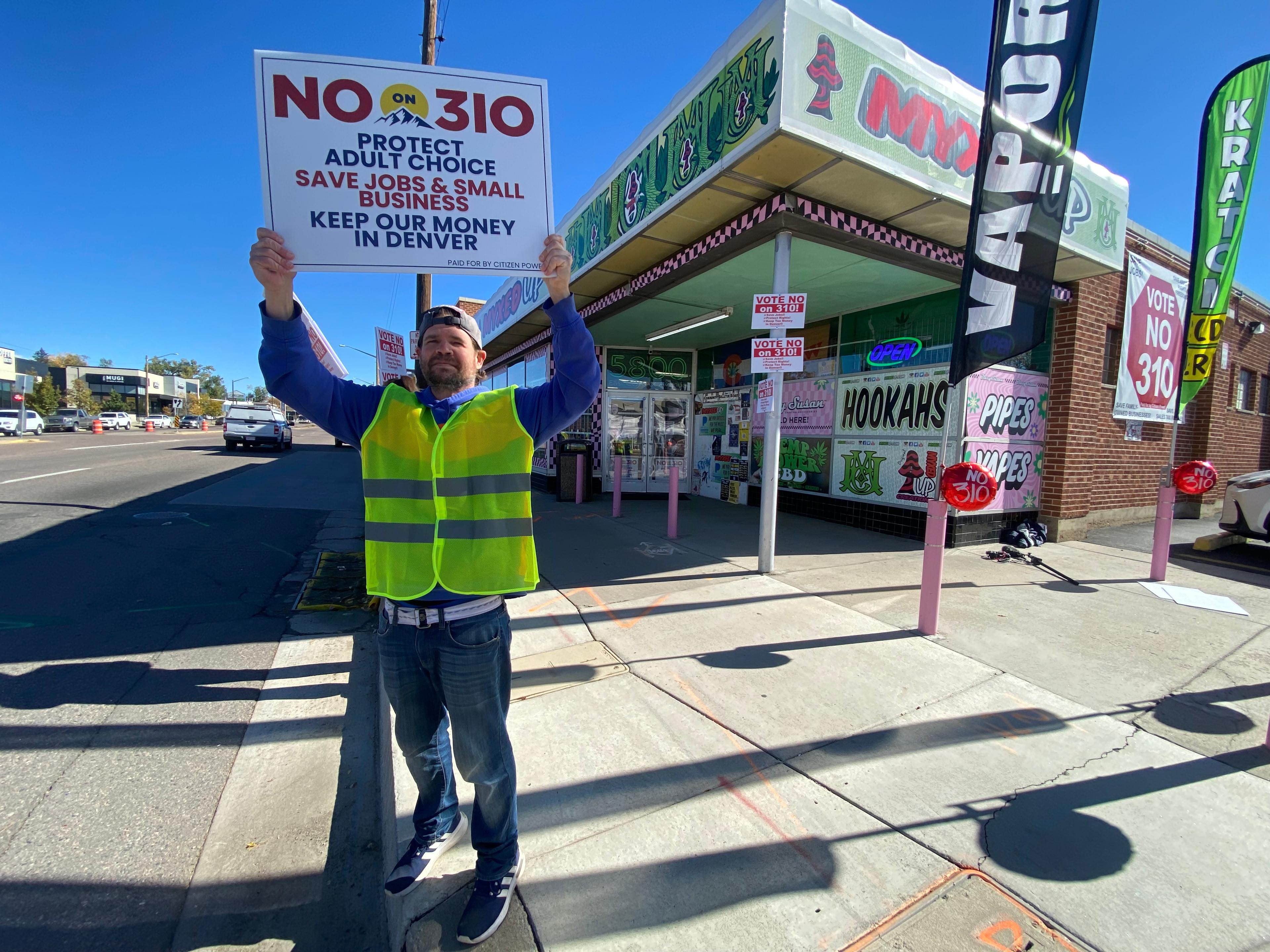Updated Nov. 13 at 8:48 a.m. with latest election results
Denver voters appeared to favor an ambitious plan Tuesday to repair and build new sidewalks across the entire city.
The "Denver Deserves Sidewalks" ballot initiative -- Initiated Ordinance 307 -- was leading with 54.88% voter approval as of 8:30 a.m. Sunday.
"We're happy to see that the initial results are positive," Jill Locantore, executive director of the Denver Streets Partnership and the brains behind the initiative, said Tuesday night.
The city has counted 217,655 votes out of about 285,000 cast. More results will be published in coming days.
If the measure were to ultimately pass, it would mark a dramatic turning point in the city's approach toward its crumbing sidewalks. They have been the responsibility of property owners since at least the 1950s; the ballot measure's success would shift that to city government.
Locantore and other advocates pushed their ballot measure after years of frustration with the city's own halting effort to repair sidewalks. And it appeared to have an effect even before voters had their say: Just days after Locantore's measure made the fall ballot in August, the city announced a new approach to sidewalk construction meant to accelerate work.
Property owners would fund the overhaul if the ordinance is approved through new property fees.
Costs would be based on how much of their land faces a street, and what kind of street is adjacent to the land. Fees would run from $2.15 per linear foot on a residential street to $4.30 per linear foot on downtown streets.
The annual fee for the owner of a typical 50-foot-wide lot would be about $110 a year, Locantore said. Owners of larger lots -- especially on corners -- could see much higher fees. Fees could be deferred until property owners sell, and fees would be 20 percent lower in city-identified neighborhoods at risk of gentrifying.
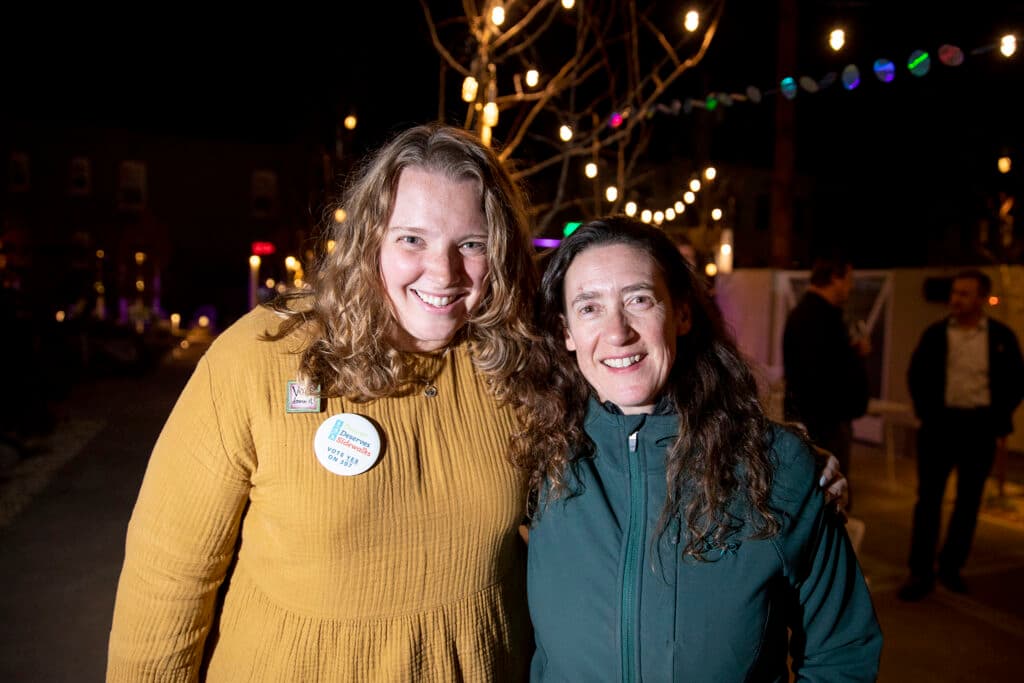
That would all amount to about $40 million a year in new revenue, which Locantore says can be bonded against to raise $850 million upfront. That would enable Denver to fix or build a "complete sidewalk network" within nine years, Locantore said.
The city, however, has cast doubt on those cost estimates and timelines in its own analysis of the measure. It predicts the build-out will take closer to 30 years and cost billions more than advocates predicted, though Locantore has disputed that analysis, arguing that the city did not explain why cost estimates had risen from a previous 2019 estimate and because land acquisition would not be necessary on a large scale.
The Denver City Council will also have the authority to change the measure, Locantore said.
One Denver voter said better sidewalks would be life-changing.
Every time Nica Cave, a Baker resident who uses a wheelchair, wants to go somewhere unfamiliar in Denver, she first looks up possible routes on Google Maps to make sure there are sidewalks.
Wide swaths of the city are inaccessible to her right now, Cave said. Trips to the nearby grocery store take three times longer because of the circuitous route she takes to avoid bad sidewalks.
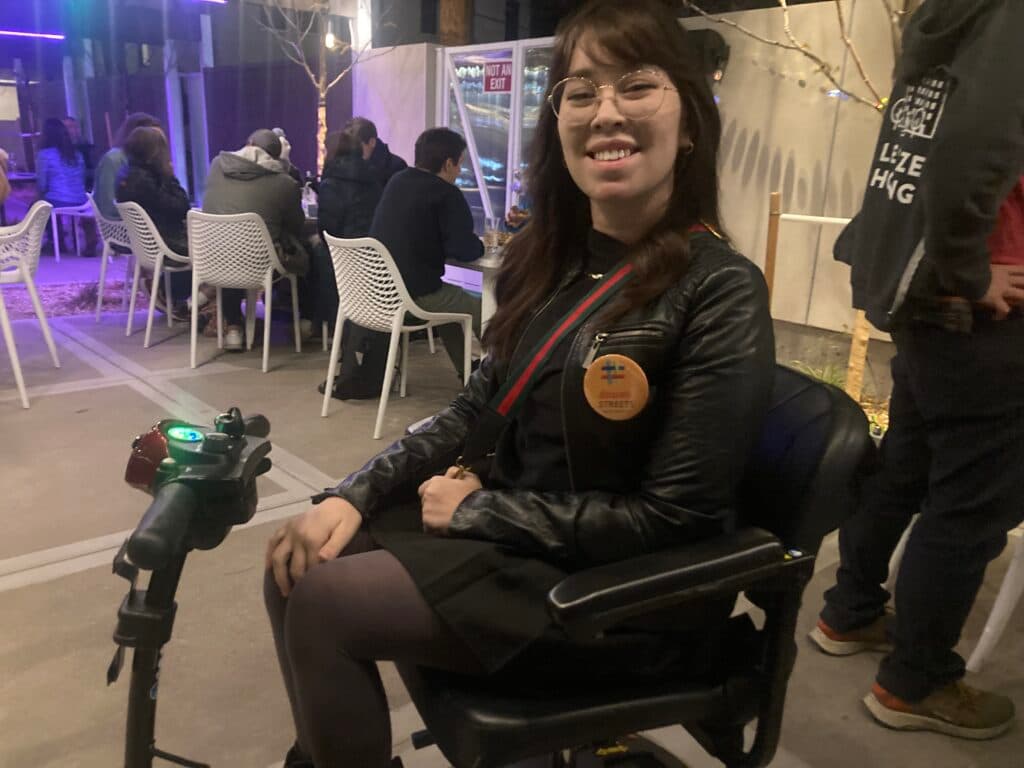
She hopes all that will start to change if the sidewalk initiative ultimately passes.
"It would honestly change my life," Cave said from a watch party at Tom's Starlight on Colfax Tuesday evening.
If the initiative does pass, Cave said its success would send city leaders a message -- that residents care about more than just motor vehicle transportation.
"We often talk about roads as being the way that people navigate our cities," she said. "And we sort of neglect that bad sidewalks can be a lot of people's only way to navigate Denver -- as is the case for me."

